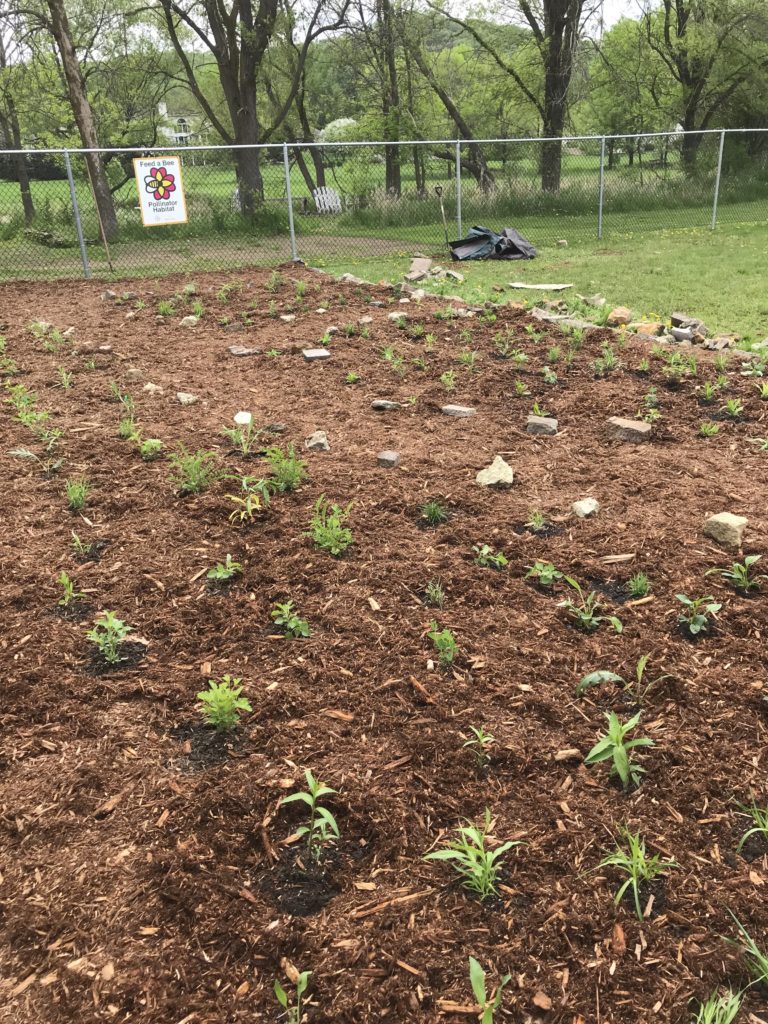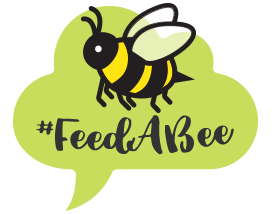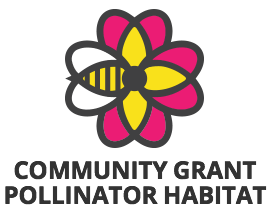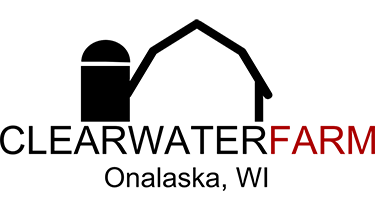
Written By Jean Irons, Garden Team Leader and Board Member at Clearwater Farm
Last summer, we decided that it was time to start doing our part to help support some of our most vital resources: pollinators. We’re trying to take action to provide nectar for these bees and increase their population numbers. That’s when we saw that the Bayer Bee Care’s program, Feed a Bee, had recently launched a forage grant program. It was the perfect opportunity for us to get started on our new pollinator-friendly environment here at Clearwater Farm.

Clearwater Farm: A mission-oriented sustainability organization
Clearwater Farm is a non-profit organization in Onalaska, Wisconsin, and it’s operated completely by volunteers who are dedicated to using and teaching with sustainable resources. Our hope with this grant is to begin using the funds to convert an 800-square foot area of our Community Garden into a Wisconsin native plant garden to support our local pollinators.
This kind of project goes along with our mission, which is to provide education and recreation to our members and the greater community by demonstrating, teaching and advocating for the sustainable use of natural and agricultural resources. Our Feed a Bee project supports that mission and will provide educational opportunities to spread the word about pollinator-friendly spaces.
In fact, our new pollinator garden isn’t just a piece of converted land. As visitors explore the garden, they can read the interpretive signs that inform them about the role of bees in connection to native plants and agricultural crops. We hope it will inspire others to build their own pollinator gardens.

Our Goals
After hearing the good news that we’d received a grant, our team began working on the project in the fall of 2017 by prepping the soil and choosing the plants that would work best in the space. Later, we began developing curriculum to be used for educational activities, as well as the content that would be placed on the interpretive signs. Finally, the plants will be installed in May of this year, with the goal to complete the garden this July.
While our main goal is to help reverse the declining bee population in our area by providing habitat for honey bees and other pollinators, we also want to create a socially and educationally engaging space within our pollinator garden. Here at Clearwater, we would like to provide opportunities for visitors of all ages to learn more about their environment, as well as the link between pollinators and our food.
In addition, the Farm’s garden will be used as an educational resource during our annual summer camp program, where children ages 6 to 12 can learn about pollinators and other insects, as well as gardening practices.
Making a Larger Impact
It’s not just honey bees that we hope to attract with our new pollinator plot. There are other pollinator species that need forage, too. In fact, the Rusty-Patched bumble bee was added to the endangered species list last March. We want to establish forage ourselves, but we’re also trying to encourage others in our region to do the same so that we can all provide a diverse food source that will improve the overall health of bees.
Additionally, the Clearwater Farm pollinator garden will create a bee corridor, which will connect protective bee habitats from the Mississippi Valley Conservancy property to the restored Thompson Memorial Prairie in southwestern Wisconsin. This is the kind of impact that any small organization can make with projects like this one.
We hope this will enhance the efforts of local conservancy groups in increasing native prairie vegetation, which will encourage growth of the bee population in our area. Clearwater Farm is very proud to create this special habitat with help from our Feed a Bee forage grant.
